Even among queer people, mental health remains a tough topic. Many of us struggle with it but are blocked from obtaining services due our country's capitalist healthcare system or internalized shame. Over the past few years, text therapy has cropped up as an alternative to traditional therapy, and it makes sense. We use the internet to shop, to communicate, to hook up, why not use it as a tool to improve our mental health, too?
Friends With Secrets is the project of Akilah Hughes, Robyn Kanner, and Timothy Goodman, who saw online chat-based therapists for four months and distilled those sessions down into five pieces per friend for readers, the first of which were published this week. OUT chatted with Kanner, a trans woman who hoped to use the project as a way to process trauma she's already dealt with in traditional therapy, about why queer people find it hard to access mental health care and what she hopes readers will gain from the project.
OUT: What was the impetus behind Friends With Secrets?
Robyn Kanner: I had a lot of experiences going on in my life at the time that we started, Tim and Akilah had the same story, the same headspace. We're all friends and had wanted to make something together for a while and we decided to tell a story. And during a Google Hangout someone said "what if it was text-therapy based?" And it evolved from there.
Why mental health? Was it because you felt like seeking mental health services is still stigmatized?
We all have very different backgrounds: Akilah is a black woman from Kentucky, I'm a trans woman from Maine, Tim's a straight white dude from Cleveland. We're all from rural pockets of America. Personally, therapy was not a thing that people did in Maine; even now I'm the only one in my family who actually sees a therapist. So there was a lot of stigma around it and honestly, the one story that I shared, I processed that in therapy--in real life conversations. For me, when I tried to figure out a way to tell the story, because I felt like I needed to get it off chest, the only way that I felt that I could come up with a way that gave it enough nuance was through a therapy session.
Was it easier to talk to someone anonymously rather than in a traditional therapy setting?
There was a lot more space for me to think about my responses, but a lot of things shifted, too. I had to come out to them, they didn't just know that I was trans. They didn't know what I looked like, they didn't know what I sounded like. There was a lot of anonymity to the actual experience itself, which in real therapy I've never had. People see each other's facial expressions the whole time.
Is that something people respond to about text therapy, the anonymity? Or is it more about convenience?
There's an important distinction to make with this: for people who need to process small, subtle things -- a job change, a breakup -- text therapy is very good. If you're processing deep trauma, I don't know if this is the best way to do it. For me specifically, the things that I had to say were easier to say as long as I created walls for how I was going to talk. I very much had to set expectations with my therapist.
Besides nuances of identity and facial expressions, what other things do you miss when talking to a therapist online rather than face to face?
The raw emotion. There were times that I was crying and the therapist just didn't know. You learn later on in the sessions that I was not in good shape, at the time I was drinking a lot, doing a lot of drugs, harming my body in a lot of ways. That was very clear visually, and she never knew, which is the sad reality. There were sessions that I did buzzed and she had no idea, and another therapist would have known.
Is it especially hard for queer people to access mental health services?
There's two layers to that: it's hard for queer people to access things, sure, but it's harder for queer people to trust. The big thing for me particularly is that I'm have to trust that I'm going to share this moment with you and you're not going to hurt me and I have a lot of trauma around that because of being queer. My therapist is straight, so yeah, what does she know about being trans? Is she gonna start talking to me about Jenny Boylan or something, because that's not what I want. There's a lot of moments like that.
Was it difficult to share something so personal online or was it liberating?
Liberating! The way I think about stories is that they're mine for a while, this one has been mine for four years, but now it's yours and I'm ok with it. I've done real therapy, I've done text therapy, I'm sober now, I'm actually a very healthy recovered person. So for other people who read this I feel very liberated just sharing the moment. This is what happened. I'm ok, I got through this.
What do you hope people take away from FWS?
I hope it's enough that people actively seek out therapy for themselves or consider it, maybe not online therapy but this makes tricks them into going to real life therapy. I just want people to get better and see that it's possible to get better.
Related |
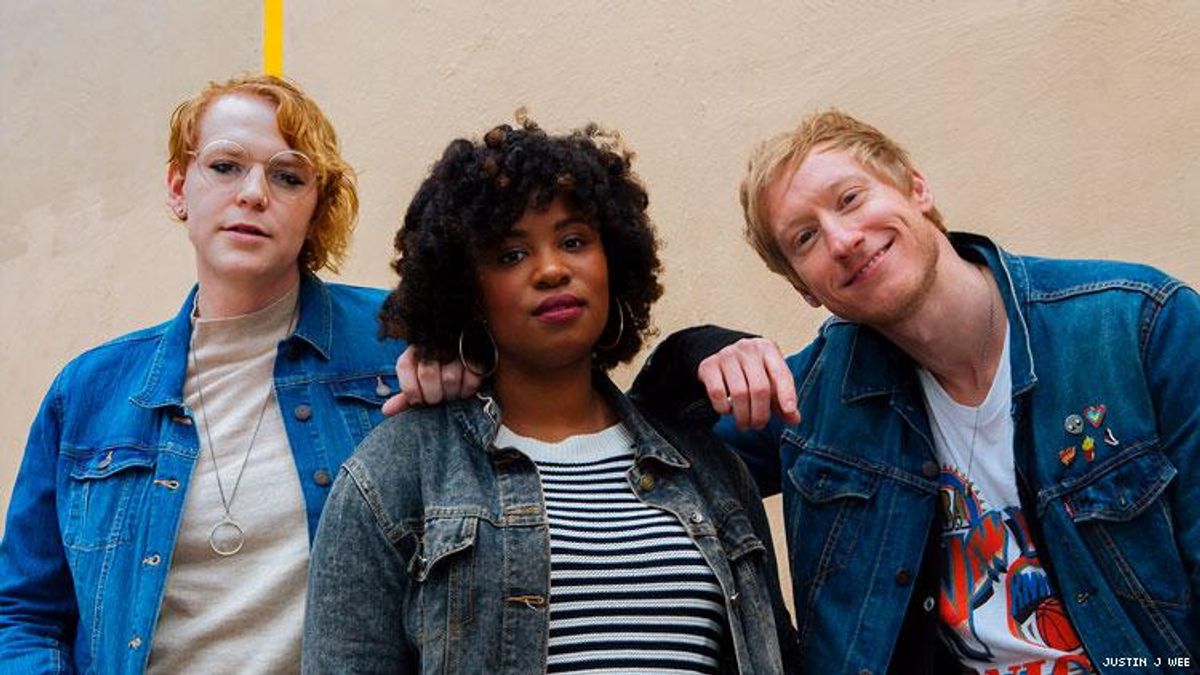
























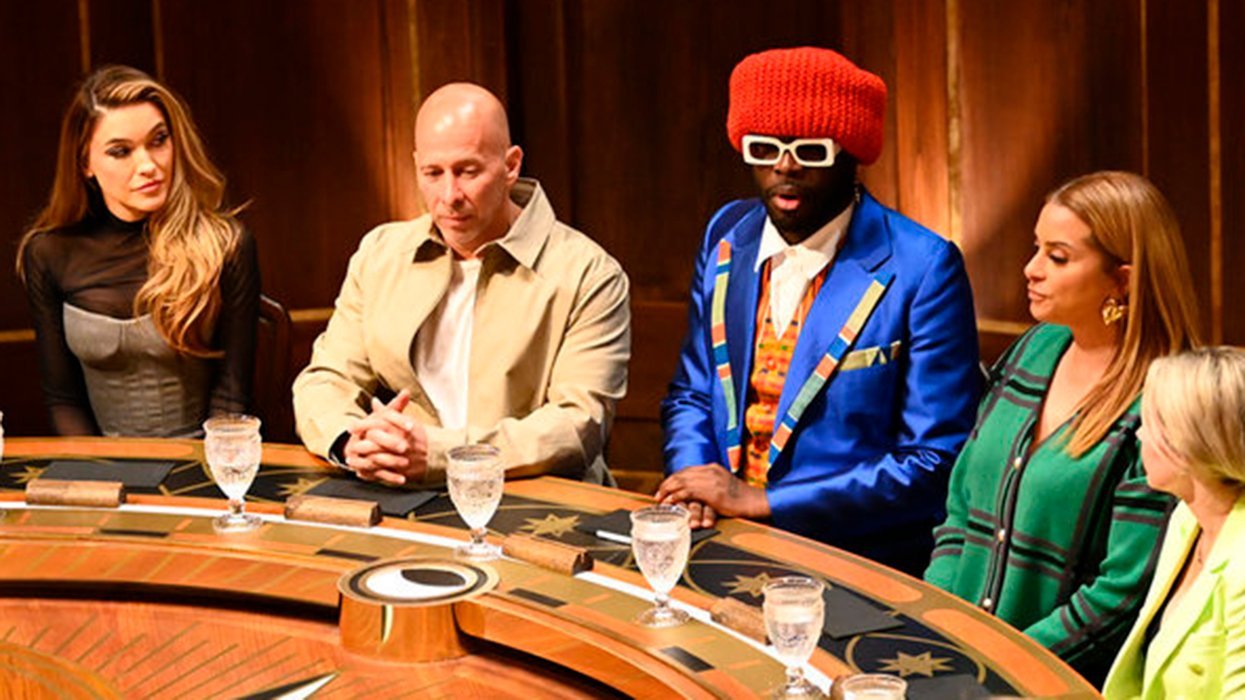
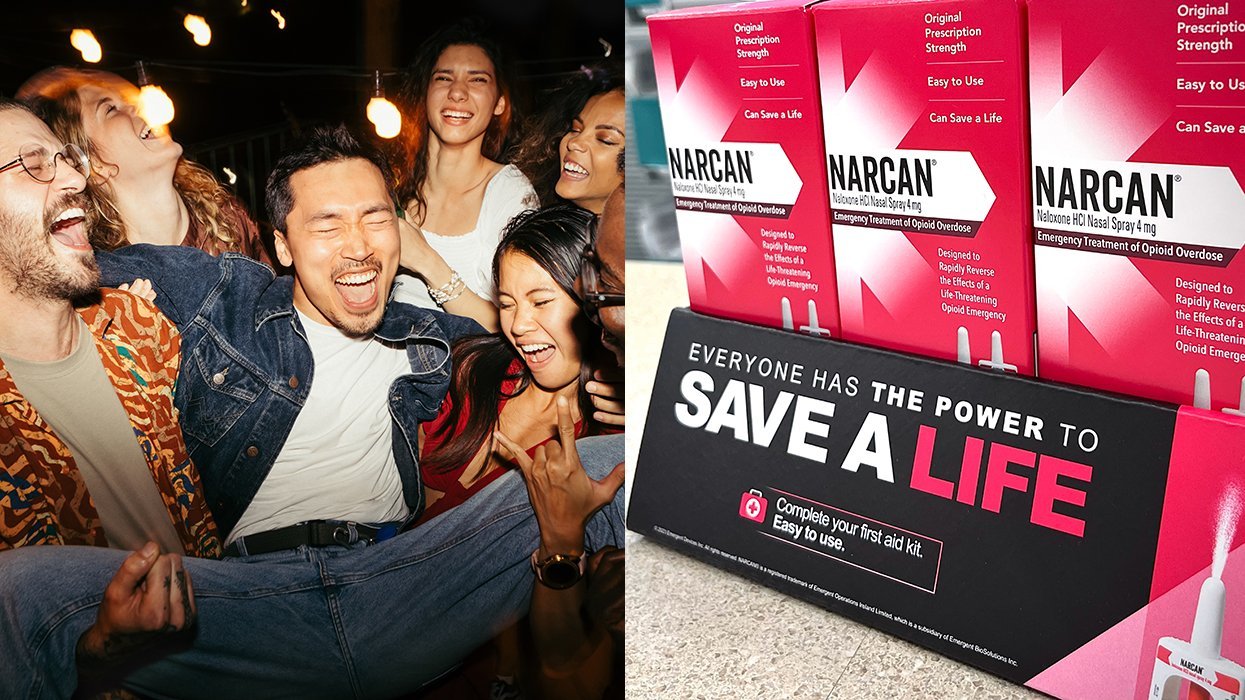
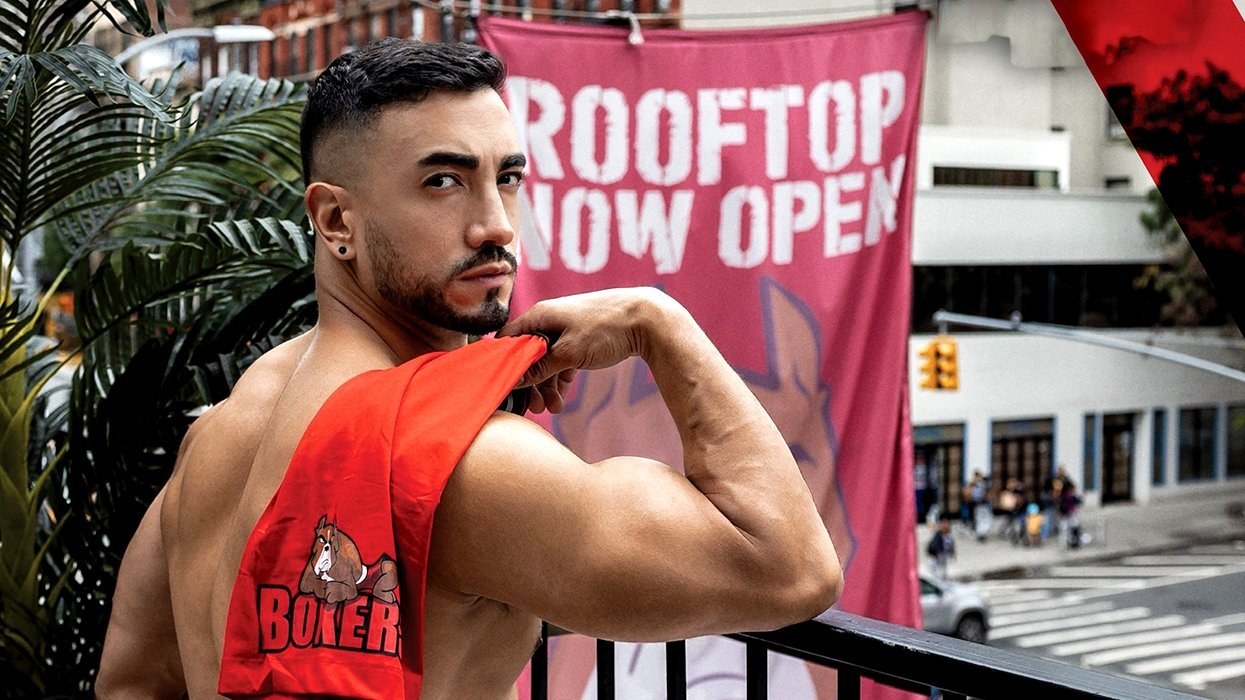
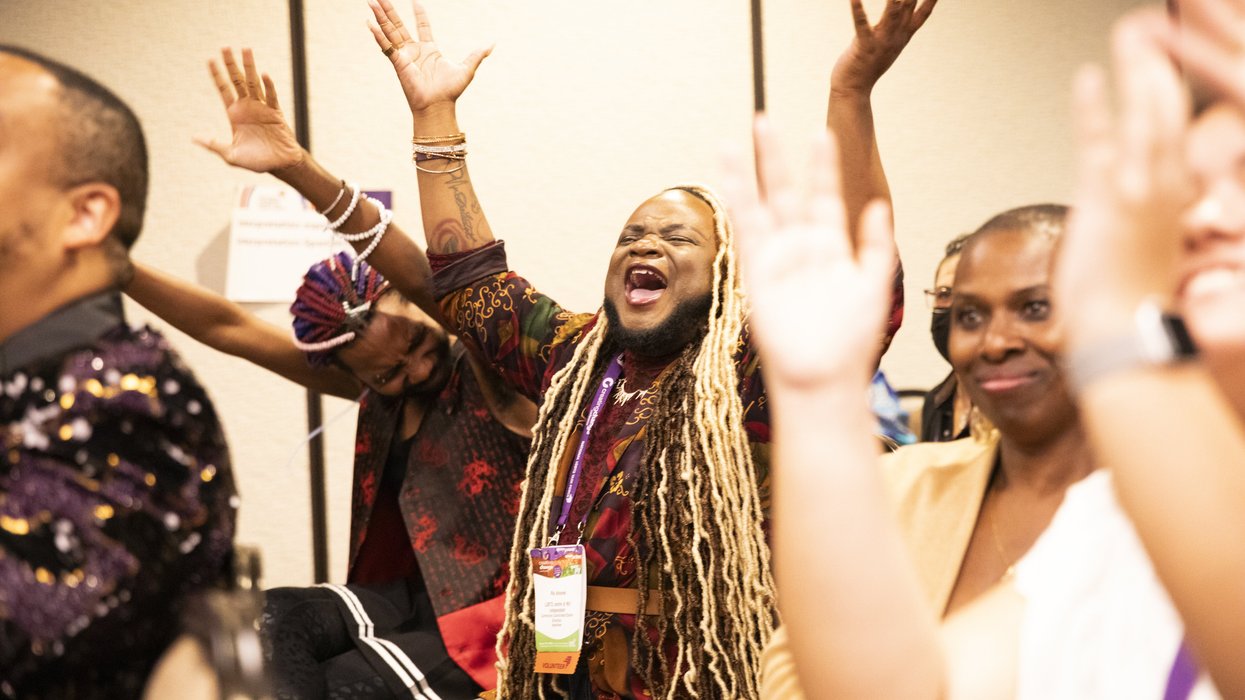
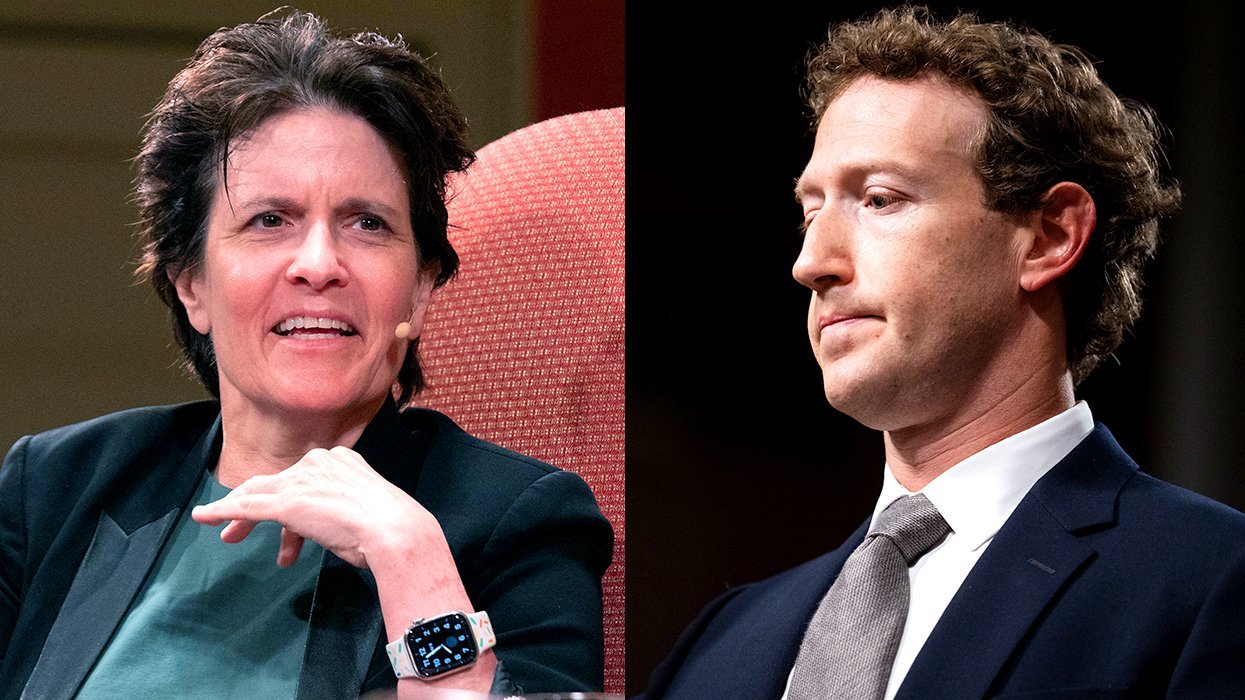

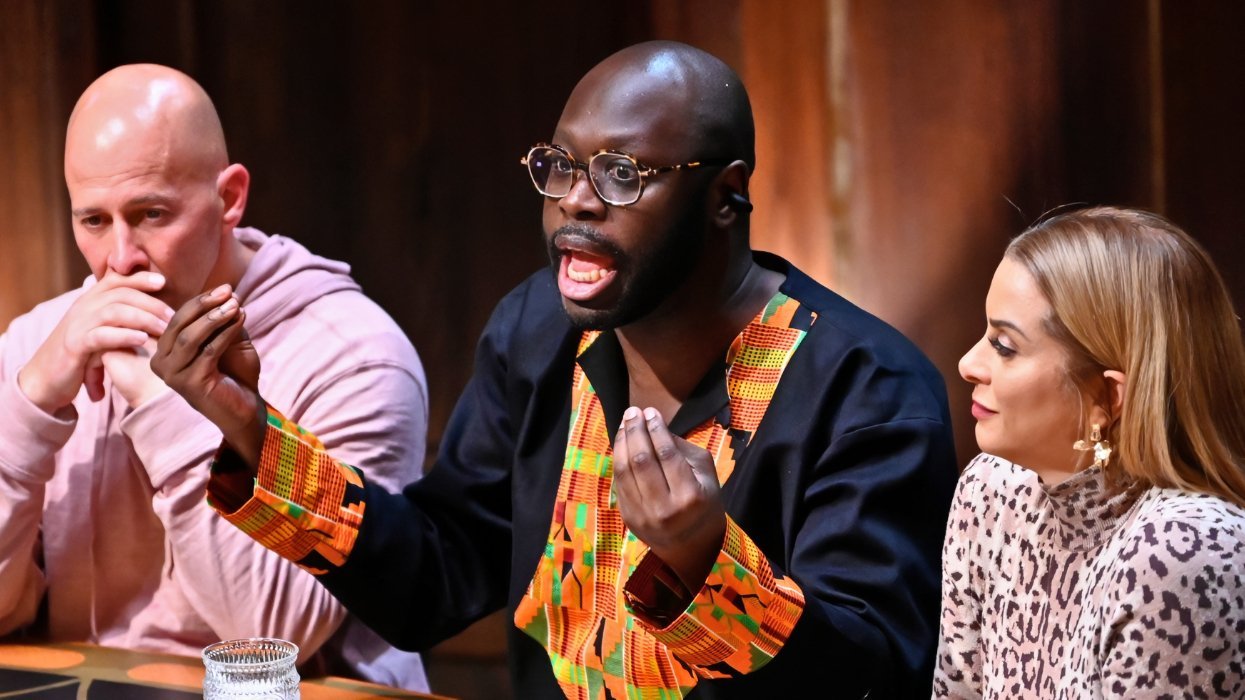



















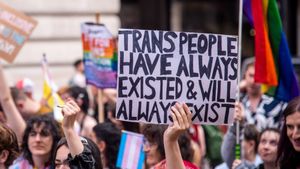
































Beware of the Straightors: 'The Traitors' bros vs. the women and gays